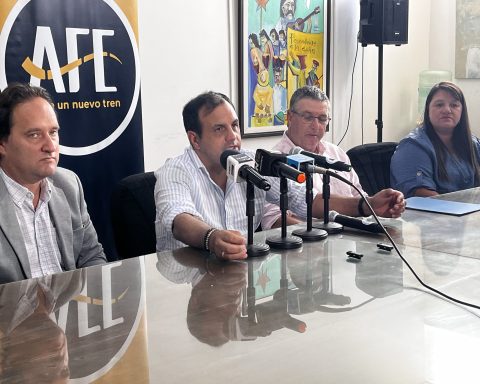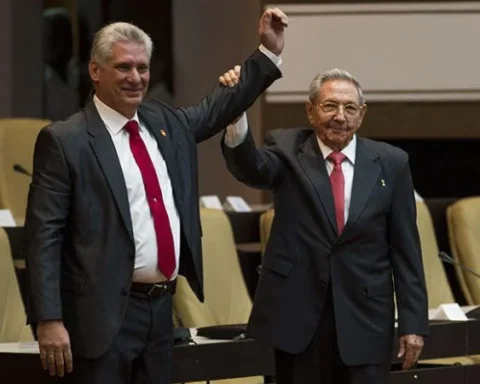It all started in a “joking tone” in a WhatsApp group of about twenty workers from the Santa María school, Hermanos Maristas. It was a relaxed talk, falling back on the “common places about masculinities.” One of the participants, a catechist of the institution, wanted to write privately to another colleague to loosen up, that “there are people there (in the WhatsApp group) who can bother you.” And he by mistake he sent to the whole group:
“Remember that there is a teacher named X who is a catechist and who eats the empanada.” In the message, she names the teacher she was referring to.
According to the union nucleus of the school, in a statement that El Observador accessed, the “harasser” immediately realized the error, deleted the messages and apologized. But the damage was done, and the beginning of the conflict had already been unleashed.
Because a member of the WhatsApp group, who had read the messages before they were deleted, warned the school management what had happened. The institution activated the discrimination protocol —the one that had been agreed between the union, organized civil society and the board—, spent some three weeks investigating what happened, collected testimonies and at the end of May decided to dismiss the “harassing” catechist.
A dismissal for an insult that he apologized for? The magnitude of the “exemplary” measure surprised the union. Because although the organized workers condemned “the message emitted by the worker for considering it discriminatory and because it exposes the sexual orientation of the partner”, they understand that the procedure ended up maximizing the problem and that the sanction “should never have been dismissal”.
The general director of the school, Adrián Arias, regretted that “an internal investigation, in which the protocol was used” ended up exposing “even more to the parties.” But he clarified that the measure imposed on the worker “has to do with the assessments and the role of the person who committed the offense.”
A catechist, entrusted with the teaching of Catholic principles, is supposed to act in an ethical and respectful manner towards his colleagues. Even privately. That was the reasoning.
In their statement, the unionized workers expressed: “The distortion caused by the amplification of the reports and evaluations of multiple interlocutors who participated during the process, led to the dissemination of versions of the message (which we reiterate was deleted by its author and therefore it ceased to exist as such) with linguistic, discursive and content modalities that are much more rude, aggressive and discriminative than the original, but also to the issuance of value judgments on the action of the worker (“X committed a very serious act ”), even to students, as official information, as long as it was transmitted within the institution, intra and extra-classroom level”.
The conflict in the “Union” Marists, as they call this venue due to its geographical location, did not have an impact on students and parents. But some actors involved acknowledge that it opened several debates: why does discrimination based on sexual orientation and identity persist? How is discrimination penalized? How do you deal with WhatsApp groups? What is the boundary between the public and private sphere? How does a union react that sees the rights of the harasser and harassed violated? And a long etcetera.














